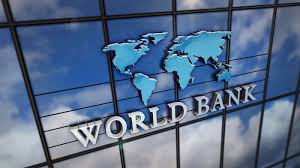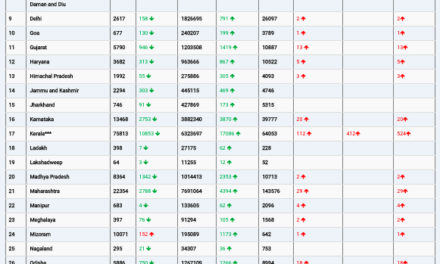On Thursday, the World Bank Group announced a bold new initiative aimed at ensuring affordable healthcare reaches 1.5 billion people worldwide by 2030. The ambitious goal seeks to address the pressing need for expanded healthcare services, particularly in remote areas, while tackling financial barriers and prioritizing lifelong care.
The development lender outlined its strategy, which involves leveraging financing, health expertise, and forging partnerships with a range of stakeholders including private-sector firms, non-governmental organizations, and civil society groups. The approach is designed to facilitate access to healthcare through in-person visits or telehealth appointments, ensuring that individuals receive the treatment they need.
With an estimated 2 billion people facing significant financial burdens when seeking healthcare, the World Bank’s initiative comes at a critical juncture. Factors such as climate change, pandemics, conflicts, and societal aging further exacerbate the challenges, compounded by a projected shortfall of 10 million healthcare workers by 2030.
World Bank President Ajay Banga emphasized the importance of collective action in achieving the ambitious healthcare goal, stating, “Providing a basic standard of care for people throughout their lives is critical for development. This ambition won’t be realized with a solo effort. It will require partners, a coalition of public and private sector, working together to expand access to healthcare services.”
The initiative will deploy resources from the International Development Association fund to bring healthcare workers into underserved communities, particularly in low-income countries where access to services is limited. Meanwhile, in middle-income countries, the International Bank for Reconstruction and Development will incentivize government investments in healthcare infrastructure and regulatory frameworks to attract private-sector investment.
Additionally, Japan is set to launch a knowledge hub focused on its universal healthcare system, aimed at enhancing the capacity and expertise of other healthcare ministries. This initiative, supported by the World Bank and the World Health Organization, underscores the importance of sharing best practices and fostering collaboration in advancing global healthcare goals.
As the world grapples with complex health challenges, the World Bank’s commitment to expanding access to affordable healthcare represents a significant step forward. By fostering partnerships, leveraging resources, and prioritizing inclusivity, the initiative aims to transform healthcare delivery and improve the lives of millions around the globe.












